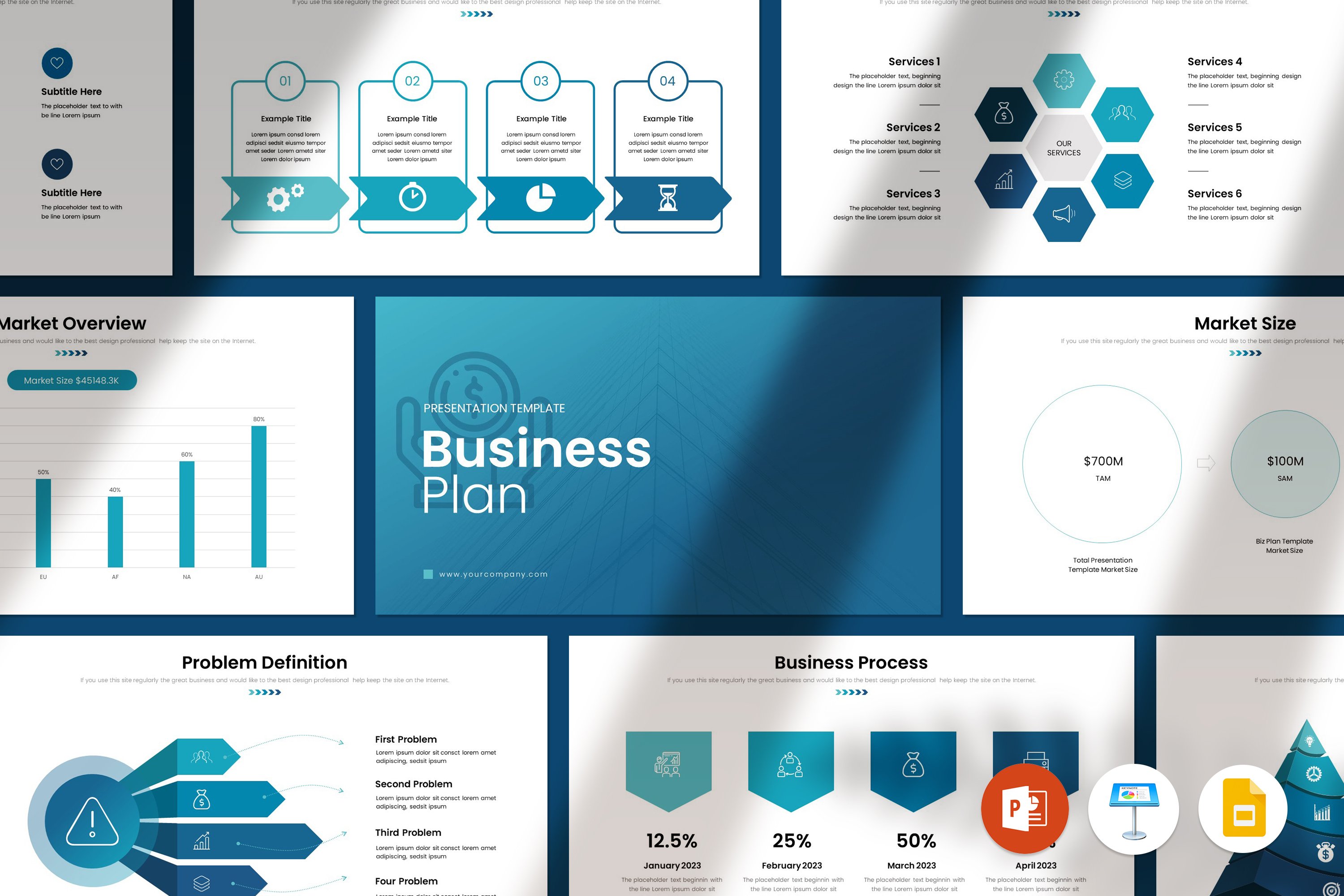Transform Your Business: Secret Insights Into Administration Offshore Solutions
The fostering of overseas monitoring services offers a compelling opportunity for services seeking to improve operational efficiency and reduce costs. Understanding exactly how to align overseas techniques with more comprehensive corporate objectives-- and what emerging patterns could influence this landscape-- can eventually identify the effectiveness of such efforts.

Understanding Offshore Monitoring Solutions
Offshore management options encompass a calculated method to taking care of business procedures and resources in global areas, commonly driven by the pursuit of price efficiency and access to customized competence. This method entails the delegation of certain service features to third-party service providers or subsidiaries located in foreign markets, enabling companies to utilize differing labor expenses, regulative settings, and technical developments.
The execution of overseas management services needs mindful planning and execution. Companies should carry out comprehensive analyses of potential locations, evaluating variables such as political security, financial problems, and the schedule of experienced labor. Furthermore, developing efficient communication networks and management oversight is essential to guaranteeing that offshore operations line up with the company's general goals.
Additionally, organizations ought to understand the regulative and conformity obstacles connected with overseas procedures. management offshore. Navigating different legal structures can be intricate, requiring a detailed understanding of both local and international legislations. By tactically utilizing offshore monitoring remedies, organizations can maximize their operational efficiencies while mitigating threats connected with cross-border operations, eventually enhancing their affordable setting in the worldwide marketplace
Advantages of Offshore Methods
Leveraging offshore techniques can yield substantial advantages for organizations intending to improve their operational effectiveness and competitiveness. Among the main benefits is price reduction. By contracting out certain features to countries with lower labor costs, firms can substantially decrease functional expenses while preserving or even improving high quality.
Furthermore, overseas strategies permit companies accessibility to a diverse ability swimming pool with specialized abilities that may be limited or expensive in their home country. This gain access to can accelerate innovation and enhance service shipment, as overseas groups frequently bring one-of-a-kind point of views and proficiency.
Versatility is another essential benefit. Offshore versions allow companies to scale procedures promptly in response to market demands without the extensive processes related to working with and educating new team locally. This adaptability helps organizations remain active in a busy organization environment.
Moreover, leveraging overseas strategies can help with 24/7 operations, thanks to time zone distinctions (management offshore). This benefit boosts consumer service and boosts total performance, as jobs can be finished all the time
Trick Obstacles to Take Into Consideration
While the benefits of overseas techniques are compelling, several key challenges necessitate cautious factor to consider. One significant hurdle is the possibility for interaction barriers. Differences in language, time zones, and cultural subtleties can restrain reliable collaboration and result in misconceptions, inevitably impacting job results.
Furthermore, navigating the regulatory and legal landscape in foreign territories can present dangers. Firms have to make certain compliance with local legislations, labor guidelines, and tax obligations, which can differ significantly from their home country. Failure to abide by these guidelines can pop over to these guys result in serious charges and reputational damages.
Quality assurance is another problem, as business might find it challenging to preserve the exact same requirements in offshore procedures. Irregularity in procedures and oversight can bring about inconsistent service or product top quality, possibly harming consumer contentment and brand loyalty.

Ultimately, there is the issue of information protection. Securing sensitive info across borders needs robust cybersecurity steps and an understanding of global data privacy regulations. Without proper safeguards, companies take the chance of exposure to information breaches and connected responsibilities.
Addressing these obstacles is vital for businesses seeking to take advantage of offshore monitoring remedies efficiently.
Finest Practices for Execution
Efficiently implementing offshore administration options calls for a critical technique that attends to the difficulties recognized formerly. Companies need to perform a go now thorough requirements analysis to establish details purposes and the range of the overseas campaign. This assessment needs to include stakeholder interaction to ensure alignment with service goals.

Furthermore, selecting the right overseas partner is critical. Organizations has to review prospective companions based upon their expertise, social compatibility, and operational capabilities. A well-defined agreement that details obligations, expectations, and efficiency metrics will further guard the partnership.
Training and onboarding are also vital parts of successful implementation. Supplying sufficient training for both onshore and offshore groups enhances and promotes a unified approach performance. Companies should constantly keep an eye on efficiency and adapt methods as needed to enhance results.
Future Fads in Offshore Management
The future of overseas administration is positioned for substantial change, driven by improvements in innovation and progressing organization needs. One major pattern is the increasing reliance on expert system and equipment learning to enhance functional performances. These modern technologies enable organizations to evaluate substantial quantities of information, automate regular jobs, and boost decision-making processes, ultimately resulting in enhanced performance.
Furthermore, there is a growing focus on remote work capacities, which reflects a more comprehensive approval of distributed groups. Business are currently leveraging cloud-based options to assist in seamless collaboration across different time areas and geographical borders, permitting higher versatility and access to global ability swimming pools.

Final Thought
To conclude, changing business procedures with offshore management remedies presents significant possibilities for improved performance and expense reduction. Nevertheless, mindful factor to consider of possible challenges, such as conformity risks and high quality control, is vital. By adhering to ideal practices and remaining cautious in performance surveillance, organizations can successfully execute offshore approaches that line up with overarching company goals. Accepting future trends, consisting of AI integration and sustainability, will better bolster the success and strength of offshore administration campaigns.
The fostering of offshore monitoring solutions provides an engaging method for businesses looking for to enhance operational effectiveness and minimize prices. Furthermore, developing effective communication channels and administration oversight is vital to making certain that offshore operations align with the company's general objectives.
By purposefully utilizing offshore administration options, companies can enhance their functional performances while mitigating risks associated with cross-border operations, ultimately boosting their affordable placement in the international industry.
The future of overseas management is poised for significant change, driven by improvements in innovation and progressing business requirements.In conclusion, transforming business procedures via overseas monitoring options provides considerable opportunities for boosted efficiency and price decrease.